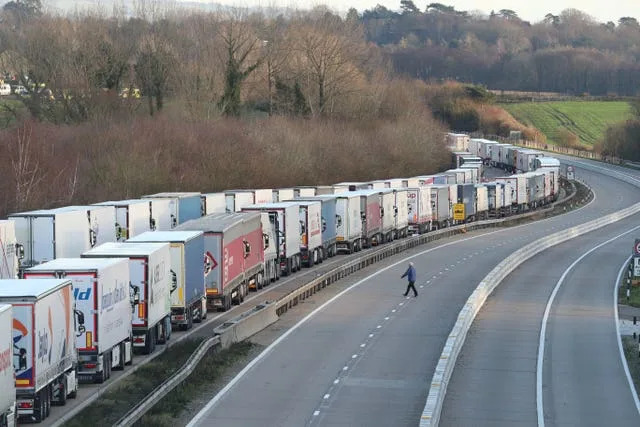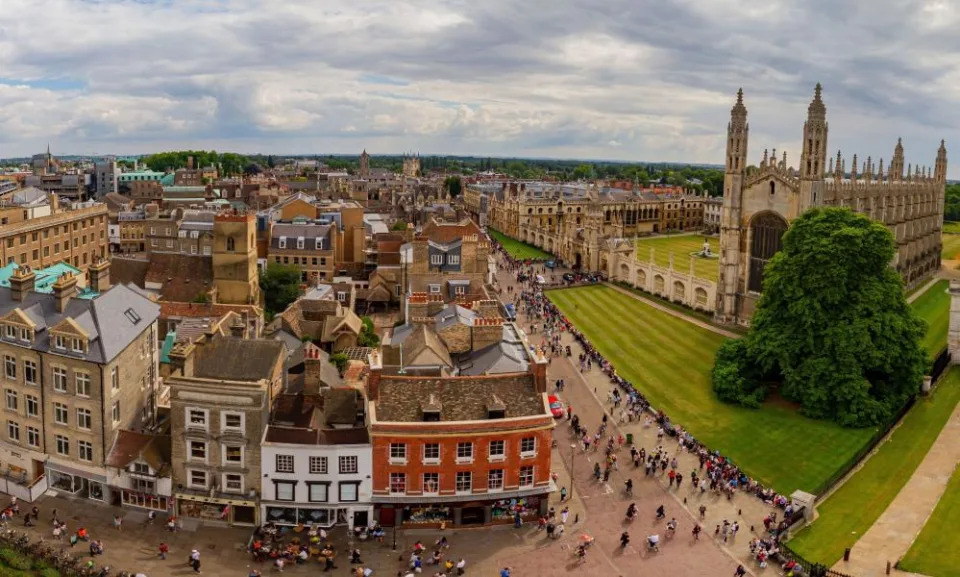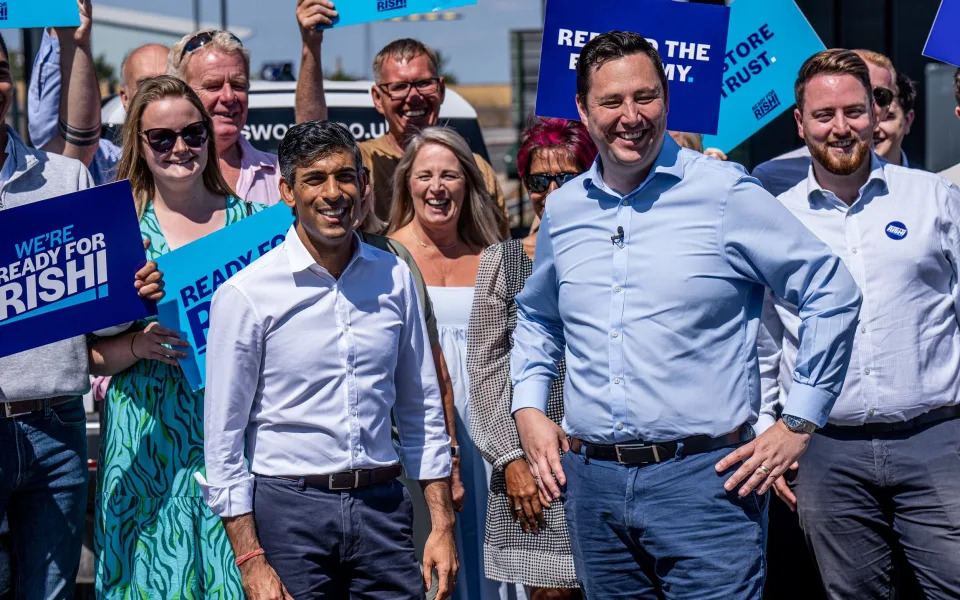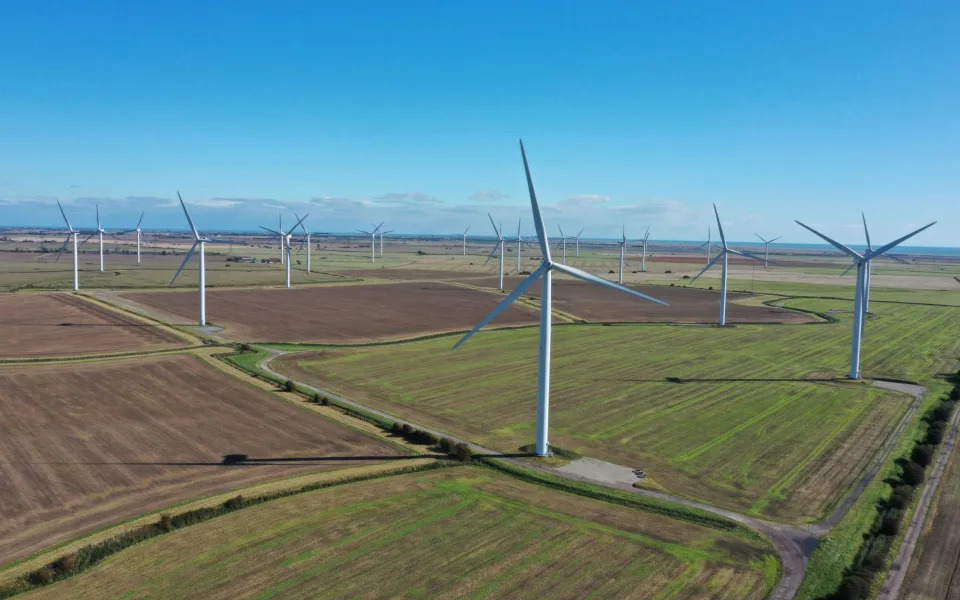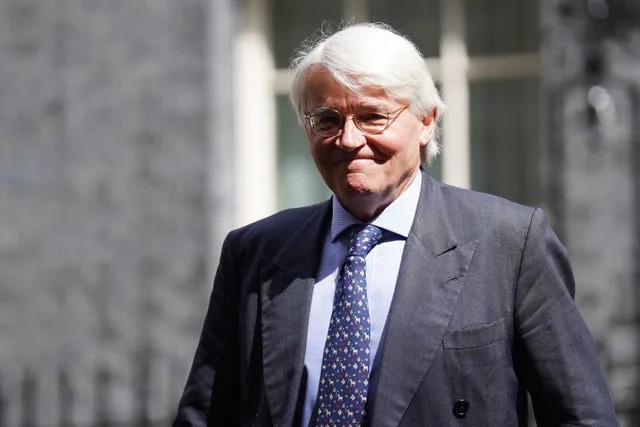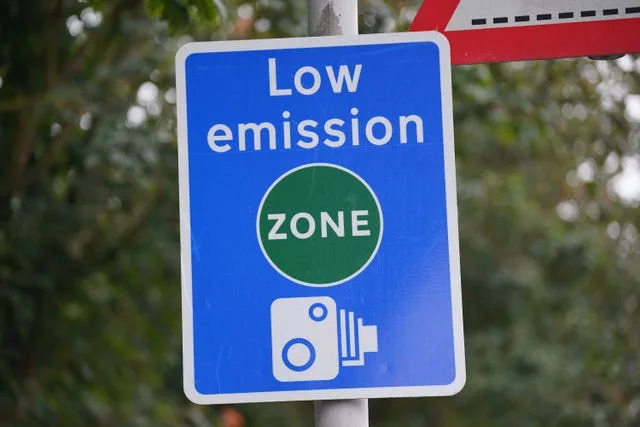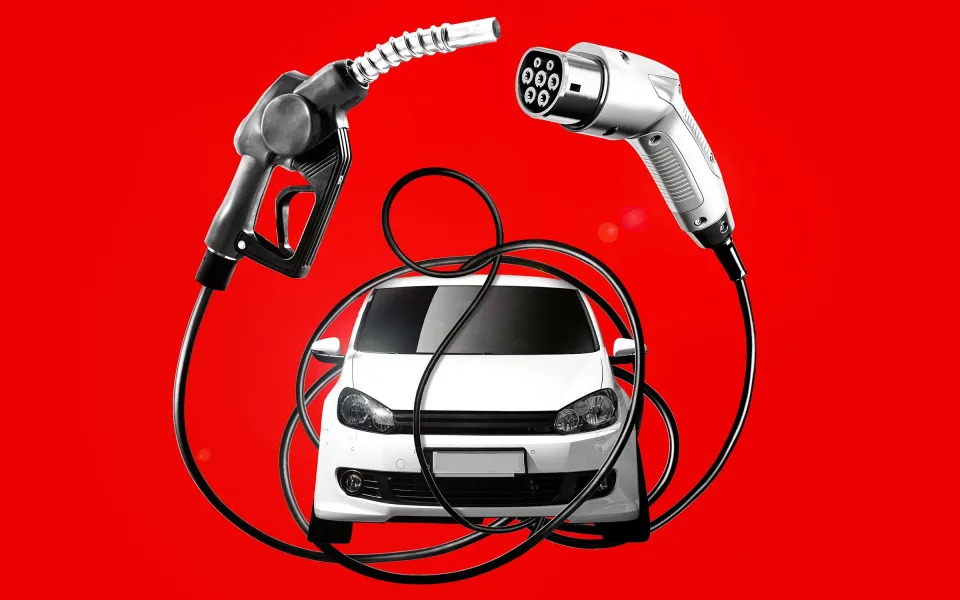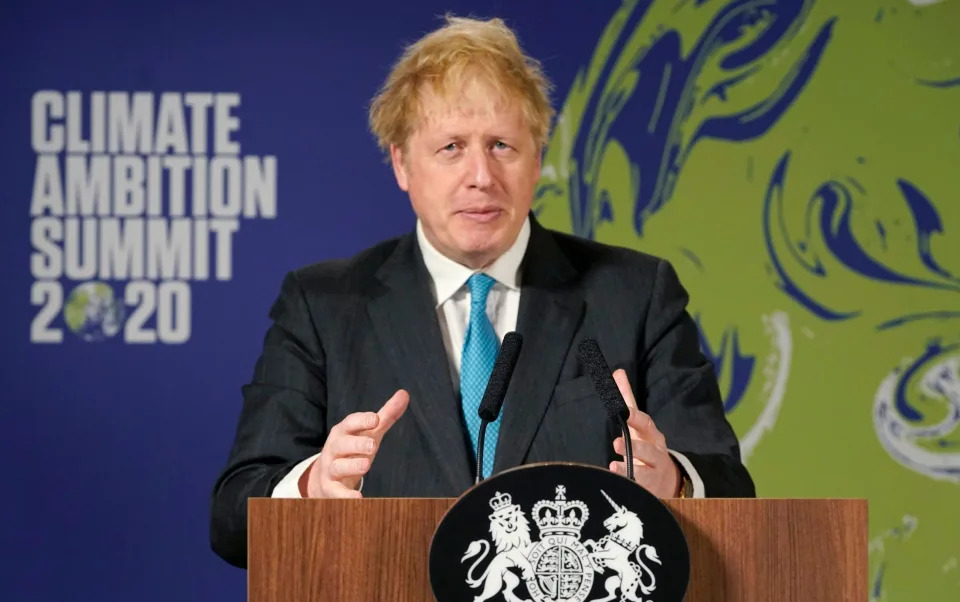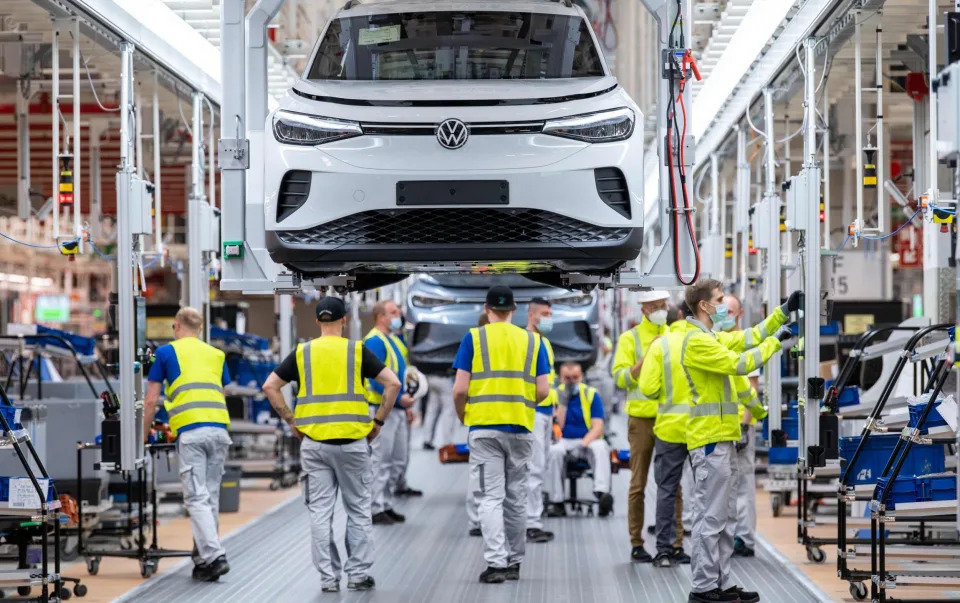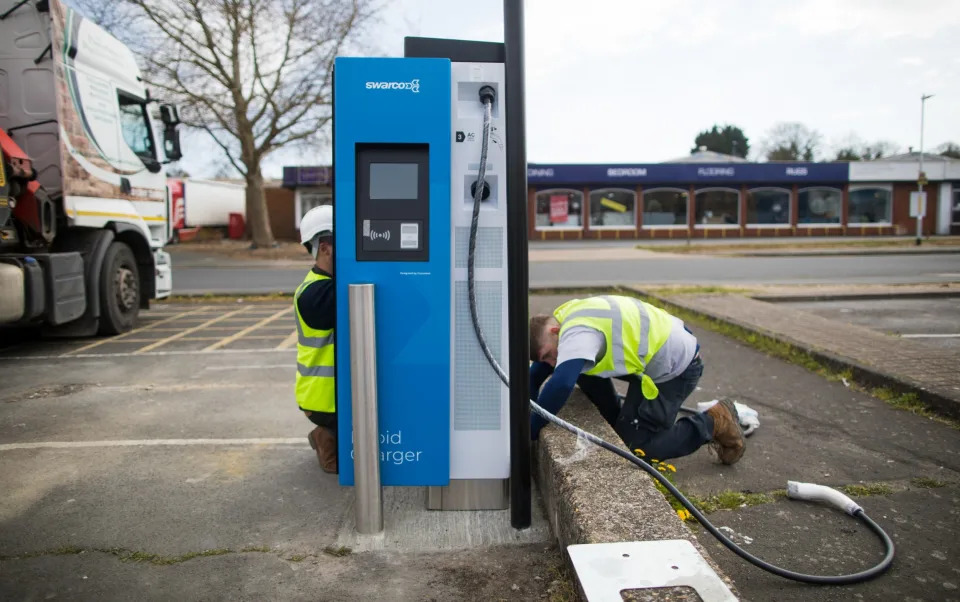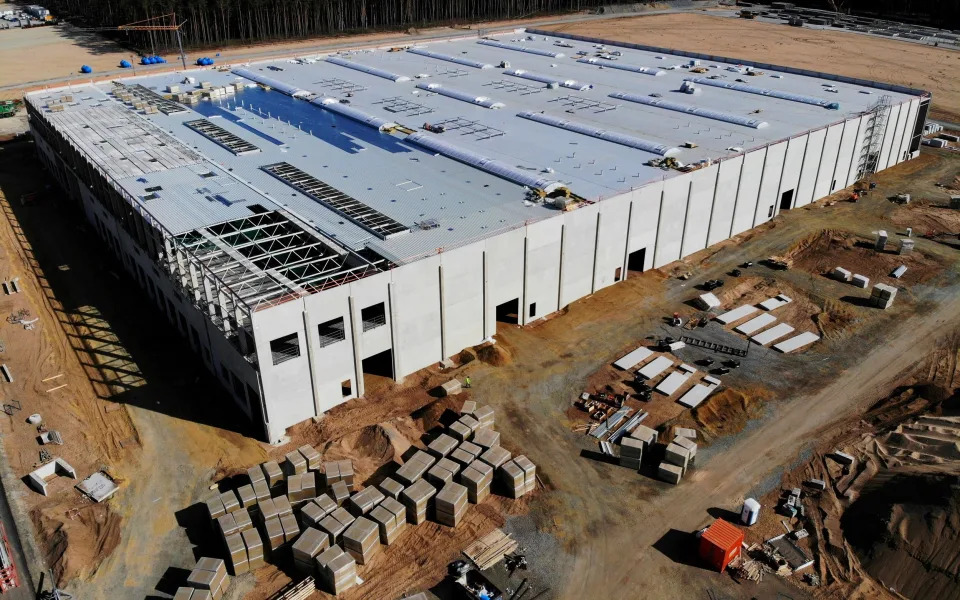Trade groups demand Ofgem tackle energy brokers ‘ripping off’ small firms
Jillian Ambrose
Energy correspondent
THE GUARDIAN
Sun, 23 July 2023
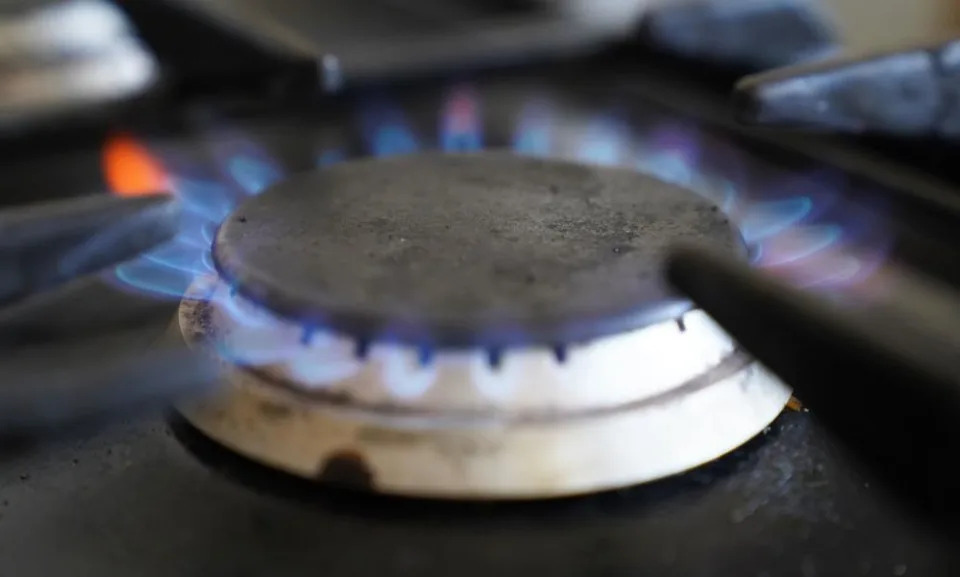
Photograph: Stefan Rousseau/PA
A coalition representing 1m small businesses is urging the energy regulator to crack down on the rogue energy brokers who rip off firms, charities, care homes and faith groups by piling billions of pounds in hidden commission fees on to bills.
The business groups have written to Ofgem demanding it force gas and electricity suppliers to disclose how much they are paying the intermediaries who market deals on their behalf.
The trade associations claim that these secret commissions have inflated energy bills and compounded the cost crisis facing the small business sector, which employs almost 13 million people across the UK.
“We cannot afford to wait for further reviews on this issue,” said the letter. “We have the support of some of the biggest voices representing the UK’s most hard-hit sectors. If you continue to fail the business community by allowing this exploitation to continue, we will raise this direct with government.”
The letter, seen by the Guardian, has been signed by chief executives from UKHospitality, Care England, the British Retail Consortium, the Federation of Independent Retailers (FIR), the Association of Convenience Stores, British Independent Retailers’ Association, the Independent Care Group and the National Council for Voluntary Organisations.
Muntazir Dipoti, the national president of the FIR, said many of its members were struggling to stay in business.
“It is, therefore, critical that Ofgem takes action against these hidden charges to prevent even more retailers being left severely out of pocket,” he said.
The Confederation of British Metalforming wrote a letter earlier this year to the energy security secretary, Grant Shapps, seen by the Guardian, which described the situation as the “biggest mis-selling scandal since PPI [payment protection insurance]”.
It follows warnings from the Federation of Small Businesses and the British Chambers of Commerce that about a quarter of the UK’s small businesses are now locked into poor value energy deals that were struck when gas and electricity prices were at their peak at the end of last summer.
Almost a third of companies with a business energy supply contract use a broker to secure it, but unlike the intermediaries who market mortgages or insurance deals these energy middlemen are largely unregulated.
Lawyers at Harcus Parker and Leigh Day, which have launched class action lawsuits against energy suppliers, believe that in some cases secret broker commissions may have doubled small business energy bills. They have said that small businesses may have the right to claim back up to £2bn in hidden commissions.
Damon Harcus, who founded Harcus Parker, said: “The malpractice is so widespread, and it’s coming to light at a time when fuel costs are often what determines whether a company can survive. We have 5,000 companies which have come forward so far, and that number is growing.”
He added: “The regulator seems to believe that they can’t regulate brokers, or they shouldn’t. But it would be the easiest thing in the world to insist that suppliers are open about the commissions they pay. Failing to do so has given rise to an improper industry.”
Ofgem has promised for at least 10 years to take action against brokers who lock companies into poor value deals. After its latest review, in 2020, the regulator said it would force suppliers to disclose how much they were paying brokers in commission – but only for so-called “microbusinesses” of nine or fewer employees.
Business groups are calling for the regulator to extend this protection to larger small and medium businesses.
Ofgem said it had “listened loud and clear to calls to protect businesses of all sizes from sharp practice by energy brokers”.
A spokesperson said Ofgem had completed “the most detailed ever review” of the business energy market and would set out “a comprehensive package” of new proposals to tackle poor behaviour by energy suppliers later this week: “This will include immediate actions we can take within our existing rules and where we might need stronger powers.”
Sun, 23 July 2023

Photograph: Stefan Rousseau/PA
A coalition representing 1m small businesses is urging the energy regulator to crack down on the rogue energy brokers who rip off firms, charities, care homes and faith groups by piling billions of pounds in hidden commission fees on to bills.
The business groups have written to Ofgem demanding it force gas and electricity suppliers to disclose how much they are paying the intermediaries who market deals on their behalf.
The trade associations claim that these secret commissions have inflated energy bills and compounded the cost crisis facing the small business sector, which employs almost 13 million people across the UK.
“We cannot afford to wait for further reviews on this issue,” said the letter. “We have the support of some of the biggest voices representing the UK’s most hard-hit sectors. If you continue to fail the business community by allowing this exploitation to continue, we will raise this direct with government.”
The letter, seen by the Guardian, has been signed by chief executives from UKHospitality, Care England, the British Retail Consortium, the Federation of Independent Retailers (FIR), the Association of Convenience Stores, British Independent Retailers’ Association, the Independent Care Group and the National Council for Voluntary Organisations.
Muntazir Dipoti, the national president of the FIR, said many of its members were struggling to stay in business.
“It is, therefore, critical that Ofgem takes action against these hidden charges to prevent even more retailers being left severely out of pocket,” he said.
The Confederation of British Metalforming wrote a letter earlier this year to the energy security secretary, Grant Shapps, seen by the Guardian, which described the situation as the “biggest mis-selling scandal since PPI [payment protection insurance]”.
It follows warnings from the Federation of Small Businesses and the British Chambers of Commerce that about a quarter of the UK’s small businesses are now locked into poor value energy deals that were struck when gas and electricity prices were at their peak at the end of last summer.
Almost a third of companies with a business energy supply contract use a broker to secure it, but unlike the intermediaries who market mortgages or insurance deals these energy middlemen are largely unregulated.
Lawyers at Harcus Parker and Leigh Day, which have launched class action lawsuits against energy suppliers, believe that in some cases secret broker commissions may have doubled small business energy bills. They have said that small businesses may have the right to claim back up to £2bn in hidden commissions.
Damon Harcus, who founded Harcus Parker, said: “The malpractice is so widespread, and it’s coming to light at a time when fuel costs are often what determines whether a company can survive. We have 5,000 companies which have come forward so far, and that number is growing.”
He added: “The regulator seems to believe that they can’t regulate brokers, or they shouldn’t. But it would be the easiest thing in the world to insist that suppliers are open about the commissions they pay. Failing to do so has given rise to an improper industry.”
Ofgem has promised for at least 10 years to take action against brokers who lock companies into poor value deals. After its latest review, in 2020, the regulator said it would force suppliers to disclose how much they were paying brokers in commission – but only for so-called “microbusinesses” of nine or fewer employees.
Business groups are calling for the regulator to extend this protection to larger small and medium businesses.
Ofgem said it had “listened loud and clear to calls to protect businesses of all sizes from sharp practice by energy brokers”.
A spokesperson said Ofgem had completed “the most detailed ever review” of the business energy market and would set out “a comprehensive package” of new proposals to tackle poor behaviour by energy suppliers later this week: “This will include immediate actions we can take within our existing rules and where we might need stronger powers.”


